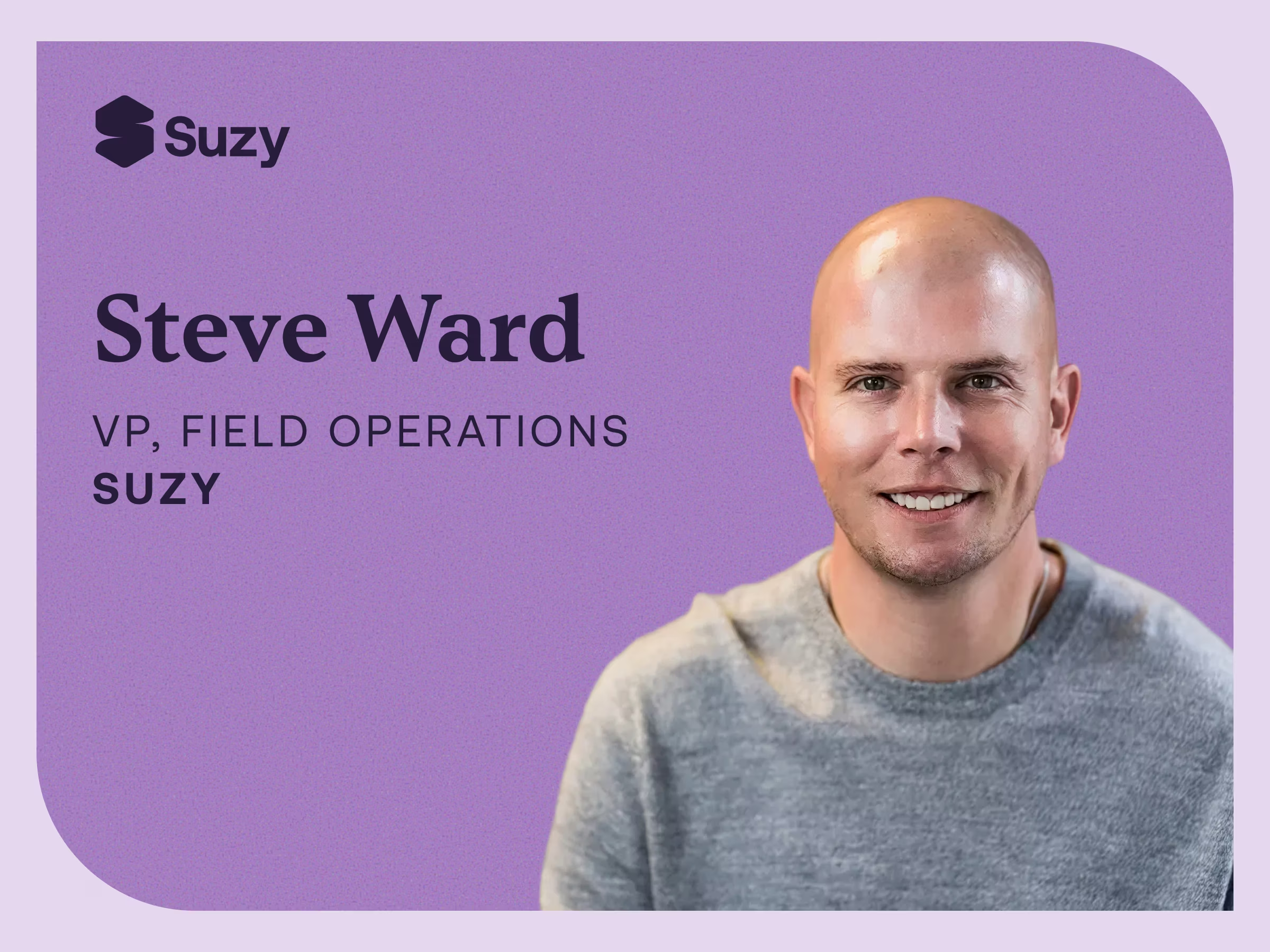Discover how Diageo leverages AI and data to drive innovation while building lasting consumer relationships, enhancing personalization, and improving marketing performance.
As marketers navigate the evolving landscape of digital marketing, few brands have embraced AI and data transformation as effectively as Diageo. At the recent Brand Innovators AI & Digital Innovation Summit during Advertising Week in NYC, hosted by Amazon Web Services (AWS), Joshua Nafman, VP of Digital, Data, & AI Marketing at Diageo, shared some of the groundbreaking strategies they’ve implemented. Moderated by David Aronson, SVP of Partnerships at Suzy, the discussion offered a wealth of insights for anyone looking to modernize their marketing approach.
Here are the key learnings from this inspiring discussion:
1. From Creative Beginnings to Data Mastery
Joshua’s journey from the world of creative copywriting to overseeing Diageo’s data and AI strategy is a prime example of how marketing careers are evolving. His shift toward data-driven marketing was spurred by a desire to make decisions rooted in solid insights rather than gut feelings. This balance of art and science now defines his role at Diageo, where he works to blend creative branding with the power of data.
Key Learning: Success in modern marketing often comes from combining creativity with analytics. Being open to learning both sides gives marketers a competitive edge.
2. AI as a Personalization Powerhouse
At Diageo, AI isn’t just a tool for efficiency; it’s central to creating seamless, personalized experiences. Joshua highlighted how AI enhances consumer experiences, particularly at key locations like the Guinness Storehouse. With AI-driven personalization, Diageo can ensure each visitor's journey is smooth, tailored, and free from redundant messaging—whether online or in person.
Key Learning: Use AI to build a deeper connection with consumers. It’s about delivering the right message at the right time without overwhelming your audience.
3. Taking Control of Media Strategies
When Joshua first joined Diageo, much of their media strategy was outsourced to agencies. By bringing media buying in-house, starting with one brand, Diageo was able to gain greater control over their campaigns and better understand what strategies were driving results. This hands-on approach has since scaled globally, leading to more efficient media spending and improved brand performance.
Key Learning: Brands must own their data and media strategies to remain agile and responsive. Building in-house capabilities provides the speed and insight that agencies alone cannot offer.
4. AI is Only as Good as the Questions You Ask
One of the biggest challenges in using AI effectively is knowing how to ask the right questions. Joshua explained that while AI can generate countless insights, the real value comes from teams that know how to interpret data and ask the critical questions that lead to actionable insights. Training teams to think this way is one of his top priorities.
Key Learning: AI can give you the data, but only human curiosity and strategic thinking can unlock its full potential. Focus on training your team to ask smart, impactful questions.
5. AI as a Creative Partner, Not a Replacement
Joshua uses AI as a collaborator in his creative work, often asking it to play devil’s advocate to find weaknesses in his strategies. However, he’s clear that AI can’t replace the human touch when it comes to understanding nuance, context, and the emotional drivers behind consumer behavior.
Key Learning: AI can be an invaluable partner in the creative process, but it’s humans who bring the context and emotional intelligence needed to make decisions that resonate with consumers.
6. Start Small and Scale Smart
Digital transformation can feel overwhelming, but Diageo’s approach was to start small and scale up. They began by testing AI-driven strategies with one brand in one market before expanding globally. This method allowed them to learn from early successes and failures and make informed decisions about how to scale.
Key Learning: Start with a pilot project, learn from it, and then scale. This approach mitigates risk and ensures you’re building a transformation strategy on a solid foundation.
7. Prioritize Long-Term Relationships Over Quick Wins
For Diageo, AI is about more than just driving sales—it’s about building lasting relationships with consumers. By using AI to track consumer preferences and behavior over time, Diageo ensures that their interactions are meaningful and not just transactional. This long-term approach helps create brand loyalty and deeper consumer connections.
Key Learning: AI should be used to build stronger, more meaningful relationships with consumers, not just to chase short-term sales. Focus on how you can provide value at every touchpoint.
Joshua’s insights at the AI & Digital Innovation Summit showcased how Diageo is at the forefront of using AI and digital tools to drive meaningful consumer interactions. Whether you’re a marketer looking to enhance your strategies or a business leader aiming to innovate, the key takeaway is this: AI is a powerful tool, but it’s the combination of human creativity and strategic insight that will truly transform your brand.
In the age of AI, success comes not just from the technology itself, but from how we choose to use it. If you want to dive deeper into these strategies and learn practical tips for applying them to your brand, don’t miss the full session recording.
.webp)







